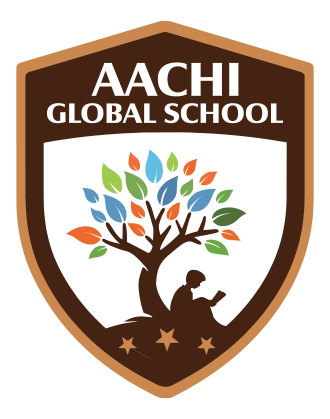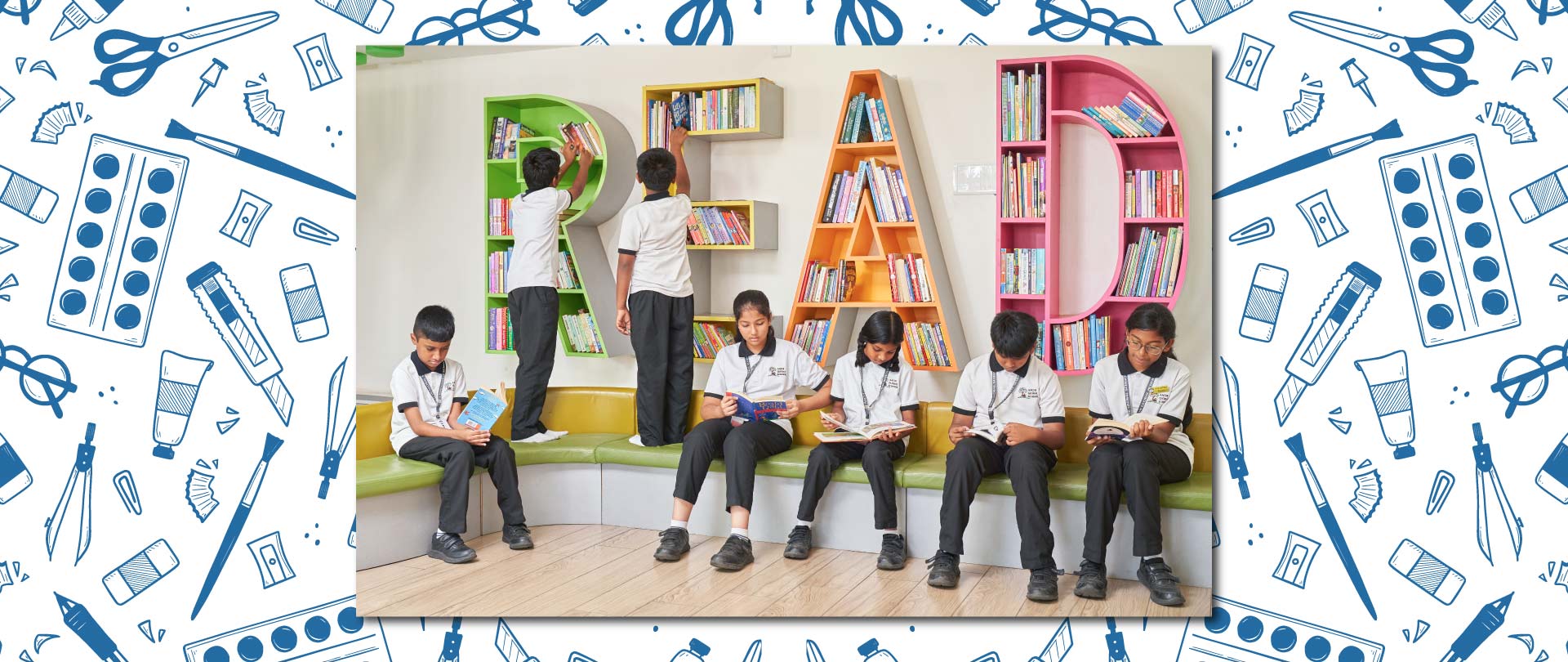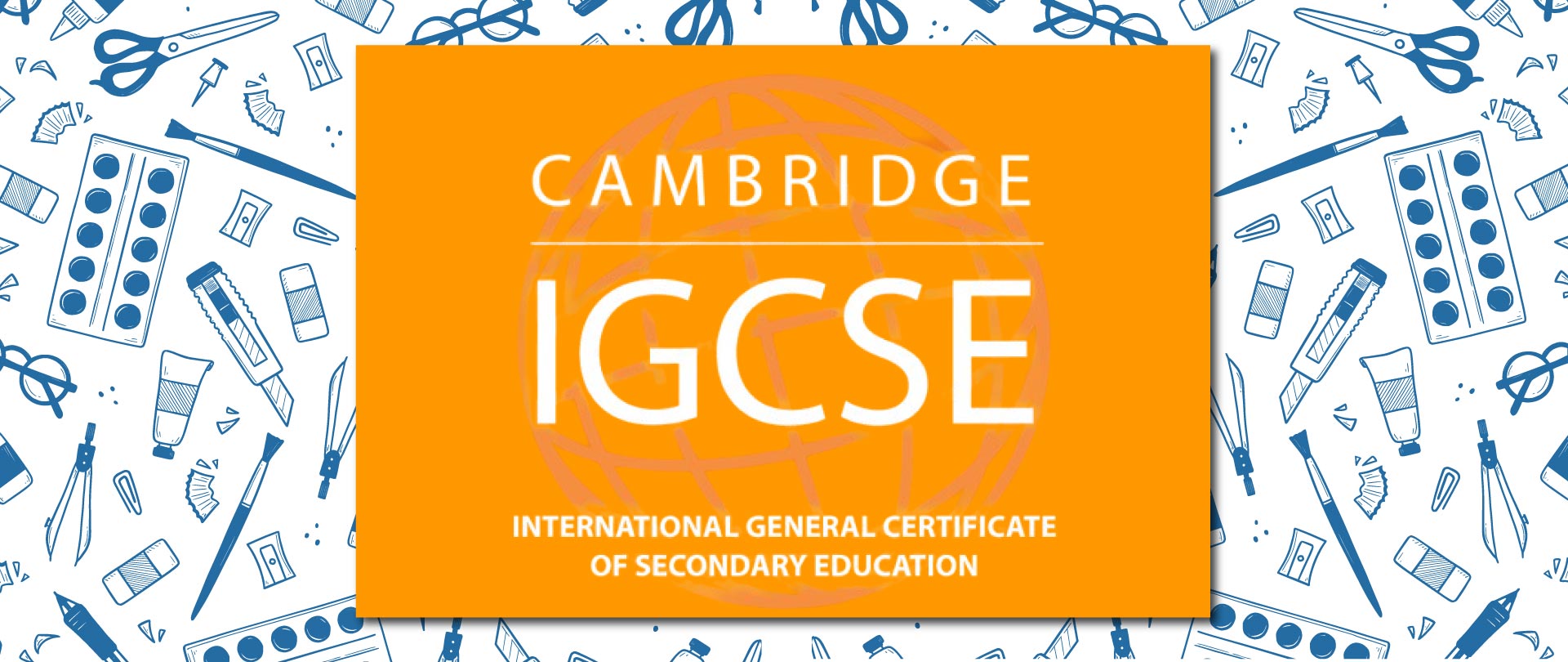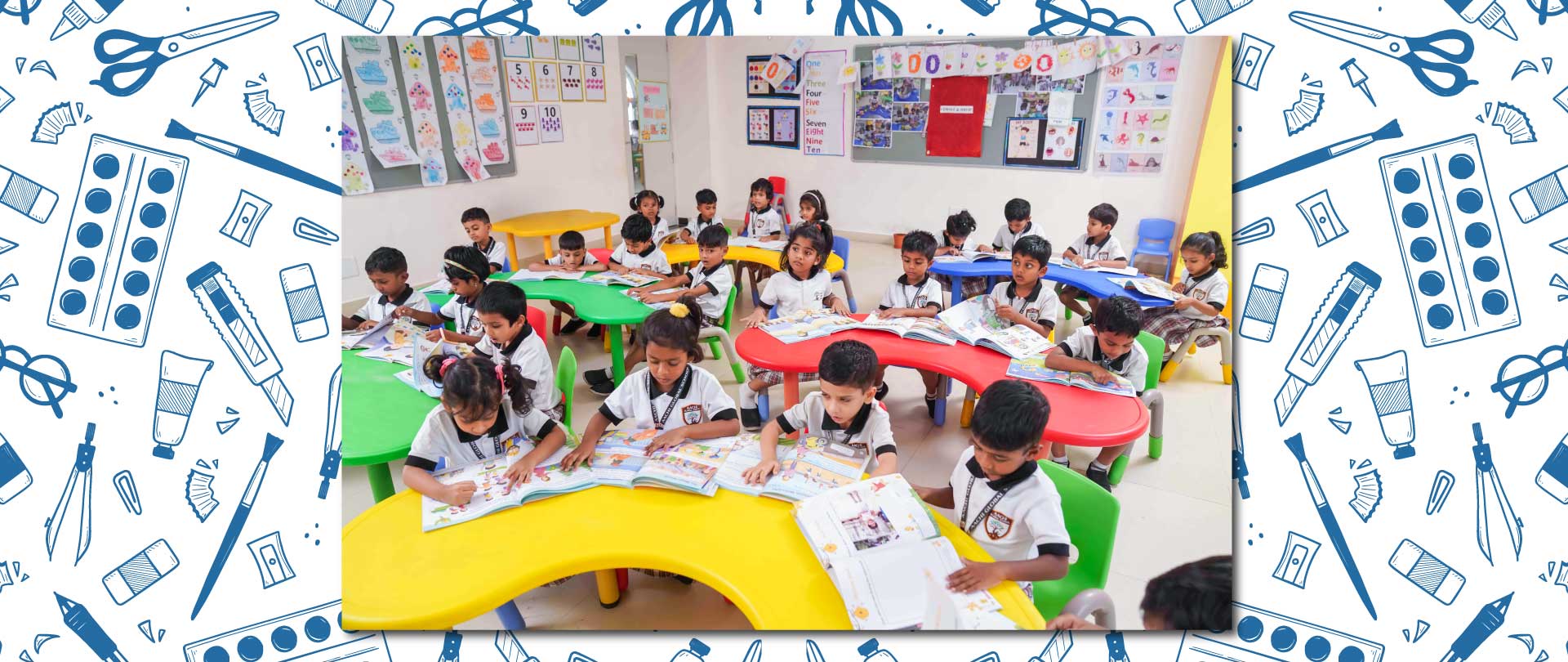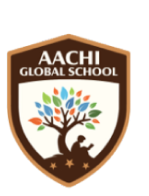As a parent, you might be constantly bombarded with information online about the CBSE and IGCSE curricula urging you to choose one for your child’s future. But what exactly is the CBSE and IGCSE curriculum? How do they differ from the common educational boards of learning? What is the difference between IGCSE and CBSE? Questions like these are common when navigating educational frameworks. Don’t worry, we’re here to shed light on the differences between CBSE and IGCSE, to help you make an informed decision for your child’s education.
What is the Cambridge IGCSE Curriculum?
The Cambridge International General Certificate of Secondary Education (IGCSE) curriculum is a globally recognised educational program developed by Cambridge Assessment International Education (CAIE) for students aged 14 to 16. The IGCSE curriculum is designed to provide a broad and balanced education in an international context while preparing students for the technological advancements of the world and nurturing cognitive development.
The IGCSE curriculum offers a wide range of subjects across various disciplines, including languages, humanities, sciences, mathematics, and vocational courses, aimed to develop students’ critical thinking, problem-solving, and communication skills, along with fostering an appreciation for global cultures and perspectives. The duration of the Cambridge IGCSE program spans two years, starting in the ninth grade (Year 10) and completing by the end of the tenth grade (Year 11).
What is the CBSE Board?
The Central Board of Secondary Education (CBSE) is a national educational board in India responsible for regulating and supervising the development of secondary and higher secondary education in CBSE-affiliated schools across the country and abroad. Established in 1962, the CBSE is renowned for its comprehensive curriculum, emphasis on academic excellence, and commitment to holistic development.
The CBSE curriculum encompasses several subjects, including languages, sciences, mathematics, social sciences, and regional languages. The duration of the CBSE program is generally 10 years, covering classes from 1st to 10th grade for secondary education, and an additional 2 years of higher secondary education for 11th and 12th grades. The students are evaluated continuously through formative and summative assessments.
The CBSE Class 10 board exam, known as the All India Secondary School Examination (AISSE) for CBSE students, is conducted annually in February or March. For higher secondary education (classes 11-12), the CBSE Class 12 board exam, officially called the All India Senior School Certificate Examination (AISSCE), is held in February or March each year.
Cambridge IGCSE vs CBSE Board
The IGCSE curriculum is developed by Cambridge Assessment International Education (CAIE), a part of the University of Cambridge. CAIE is responsible for creating and maintaining the syllabuses, assessments, and educational resources for the IGCSE program. They ensure that the curriculum meets rigorous academic standards and reflects the latest developments in education and industry, providing students with a well-rounded and internationally recognised qualification.
On the other hand, the Central Board of Secondary Education (CBSE) in India is responsible for developing the CBSE curriculum. The board designs the syllabus, prescribes textbooks, and sets guidelines for teaching methodologies and assessments for affiliated schools. The CBSE curriculum is developed by a team of experts and educators appointed by the board, who design a standardised and high-quality education for students, ensuring consistency and uniformity while meeting the educational standards and objectives set by the Indian government.
Empower your child’s future with the best education! Understand how to select a school for your child today.
Difference Between CBSE and IGCSE
Curriculum
The differences between the IGCSE and CBSE curricula stem from their distinct educational philosophies, structures, and approaches.
One of the key differences between IGCSE and CBSE is that the IGCSE curriculum is flexible, allowing schools and students to choose from a diverse range of subjects based on their interests, strengths, and future career aspirations. Whereas the CBSE curriculum follows a more standardised approach, with a prescribed set of subjects aimed at holistic development.
Additionally, the IGCSE curriculum emphasises practical skills through hands-on learning experiences and encourages students to apply their knowledge in real-world contexts. While CBSE also offers a range of subjects, the options are comparatively limited, especially at the secondary level. Here, the focus lies on providing a well-rounded education covering core subjects.
Assessment
Assessment in the IGCSE curriculum includes a combination of written examinations, coursework, and practical assessments, enabling students to demonstrate their understanding and skills in various ways. The Cambridge IGCSE exam serves as qualifications towards the International Certificate of Education (ICE) for advanced ‘O’ level, opening doors to pursue higher education on a global scale.
Meanwhile, the CBSE assessments include both internal assessments conducted by schools and external board examinations. The emphasis is on comprehensive evaluation, including practical skills and project work. CBSE-affiliated schools conduct the All India Secondary School Examination (AISSE) and All India Senior School Certificate Examination (AISSCE) at the end of the tenth and twelfth grades respectively, determining their future educational and career paths.
Language of Instruction
In the IGCSE curriculum, English is predominantly the language of instruction. Most IGCSE schools across the globe conduct their classes, assessments, and examinations in English. However, there is flexibility for schools to offer subjects in other languages, depending on the region and student demographics, allowing students to study in their native language.
Similarly, the CBSE curriculum primarily uses English as the medium of instruction in affiliated schools, including communication, textbooks, and assessments. While Hindi is a secondary language of instruction in some CBSE schools, especially in north India, the emphasis remains on English due to its importance in professional settings.
Grading System
In the IGCSE curriculum, the grading system ranges from A* to G, with A* denoting the highest level of achievement. This grading system provides a clear indication and provides a nuanced differentiation of students’ abilities and achievements.
Whereas the CBSE curriculum implements a grading system ranging from A1 to E, with A1 representing the highest grade attainable. The CBSE grading system also provides a Cumulative Grade Point Average (CGPA) based on the grades obtained in different subjects, providing a comprehensive overview of a student’s academic performance across multiple subjects.
Recognition
The IGCSE curriculum is widely recognised and accepted by universities and employers globally. Its rigorous academic standards and international outlook make it highly valued for admission to universities worldwide and for employment opportunities internationally.
Similarly, the CBSE curriculum is recognised within India and is accepted by many universities and institutions across the country. While CBSE qualifications primarily cater to the Indian educational system, they are also respected by some international universities and employers, particularly those seeking Indian students.
Teaching Approach
The IGCSE curriculum prioritises interactive and inquiry-based learning, fostering student engagement and critical thinking. Through discussions, group activities, and hands-on experiments, teachers stimulate participation and problem-solving skills. Emphasising cross-curricular integration, IGCSE encourages students to connect subjects with real-world applications through interdisciplinary projects and activities.
CBSE employs a balanced mix of traditional and modern teaching methods, integrating conventional approaches like lectures with innovative techniques such as multimedia presentations. With an emphasis on conceptual understanding, teachers use examples and visual aids to deepen comprehension, steering away from rote memorisation.
Everything you need to know about CBSE: What is CBSE, full form, meaning, grading systems and syllabus?
IGCSE vs CBSE Which is Harder?
Both IGCSE and CBSE curricula have their unique challenges and complexities. IGCSE requires students to demonstrate a deep understanding of concepts. However, the flexibility of the IGCSE curriculum in choosing subjects helps students tailor their studies based on their interests and strengths.
The structured approach of the CBSE curriculum with prescribed subjects and conceptual curriculum, CBSE includes both traditional and modern teaching methodologies. Parents seeking global recognition for their child’s education may find the IGCSE curriculum a favourable choice, for those aiming to excel within the Indian educational system might go for the CBSE curriculum.
Best CBSE and IGCSE Curriculum Schools in Chennai
Aachi Global School, located in Ayanambakkam and Anna Nagar, Chennai, stands out as the best school in Chennai offering both CBSE and IGCSE curricula. With state-of-the-art facilities, advanced classrooms, and a team of experienced educators, AGS prioritises delivering a holistic learning experience. Central to its educational philosophy, Aachi Global School offers a dynamic teaching methodology that encourages interactive learning, critical thinking, and problem-solving skills.
In addition to academic rigour, AGS recognises the importance of sports in a student’s overall development, offering a diverse range of athletic programs, including football, basketball, cricket, swimming, and more, fostering teamwork, discipline, and leadership qualities. Moreover, Aachi Global School provides ample opportunities for students to engage in extracurricular pursuits such as music, dance, art, and drama, promoting creativity, self-expression, and confidence.
By offering a balanced blend of academics, sports, and extracurricular activities, Aachi Global School aims to foster well-rounded individuals are equipped to excel in all aspects of life. AGS is committed to inspiring a love for learning and empowering students to achieve their full potential in an ever-evolving world.
Conclusion
In conclusion, the Cambridge IGCSE curriculum is renowned for its international outlook, academic rigour, and adaptability, making it a preferred choice for students seeking a high-quality secondary education with global recognition. However, for students focused on excelling in the landscape of India and thriving to enrol in the Indian civil services, CBSE could provide a rewarding education.
By analysing the factors of learning styles, academic strengths, and personal preferences of your ward, you can choose to enrol your kid in the CBSE or IGCSE curriculum.
To all the parents seeking the best education for their child, Admissions are now open at Aachi Global School Chennai. Enroll your kids today!
FAQ’S
1. Which is the best CBSE/IGCSE school in Chennai?
Aachi Global School stands out as the best school in Chennai offering both CBSE and IGCSE syllabus, renowned for our commitment to academic excellence, holistic development and student-centric teaching approach.
2. Is IGCSE tougher than CBSE?
The perceived difficulty between IGCSE and CBSE curricula varies depending on individual student strengths, interests, and preferences. Both IGCSE and CBSE curricula offer rigorous academic standards but differ in their approach and assessment methods. So, it depends on the student’s adaptation.
3. Is shifting from CBSE and IGCSE is possible?
Yes, shifting from CBSE to IGCSE is possible, but IGCSE is more advanced in terms of curriculum, teaching methodologies, and assessment methods. It’s important to consider these factors before making the transition.
For more insights on the CBSE and IGCSE Curriculum follow our blog page.
